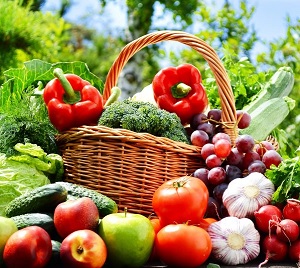 Diet should always be the most important part of living holistically. In fact, a healthy diet will help to reduce oxidative stress in the body. However, not many people actually place much emphasis on a healthy diet.
Diet should always be the most important part of living holistically. In fact, a healthy diet will help to reduce oxidative stress in the body. However, not many people actually place much emphasis on a healthy diet.
Why? The reason is that there are a lot of cheap and convenient foods available.
It is much easier to choose a donut on the go than spend the time necessary to prepare a healthy breakfast. This comes at a great cost to a person’s health.
That cost is your life. Yes, as gloomy as it may sound, each and every time you choose to eat junk food, instead of healthy meals, you are whittling away at your health a little bit at a time. That is no way to create the best life for yourself.
Though it may not be clear right away, particularly as you get older, the effects are increasing and sadly very often, detected too late.
The foods you eat can help control abnormal oxidative stressors in your body. Or they can pave the way for accelerated damage.
This will result in premature aging, or the development of chronic inflammatory diseases (heart disease, arthritis, neurodegenerative diseases).
So how is it possible that diet can help reduce the oxidative stress process?
Reducing Heart Disease Risk Factors
Eating a healthy diet helps prevent heart disease, which can exasperate oxidative stress in more ways than one.
- There is more to heart disease than just one single factor. Most people believe it to be cholesterol values. While high cholesterol values may be troublesome, it becomes dangerous when oxidized. Oxidized cholesterol is what sticks to vessel walls, that can start blockages known as atherosclerotic plaques.
- Oxidative stress can cause damage to the blood vessel wall lining. The resulting platelets are accumulated in an effort to correct the issue. When atherosclerotic plaques and platelets accumulate in the same place, it is the method for a significant blockage. This illustrates why people may require coronary bypass surgeries.
Fights Premature Aging
The effects of oxidative damage on the skin are especially visible. However, this can be fought by eating plenty of vegetables rich in antioxidants.
Tomatoes and leafy greens have been shown to reduce the effects of UV radiation on the skin, thus limiting the damage.
It is important to eat a variety of fruits and vegetables. Some of them may contain unique phytonutrients that can support the detoxification of waste material and keep the skin radiant and youthful.
Helps Preserve DNA Integrity
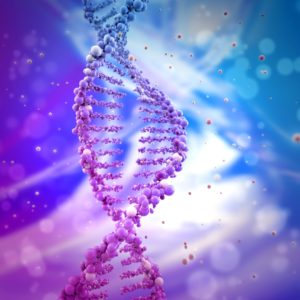 Did you know that mutations in cells or damage to DNA are one of the major factors contributing to cancer?
Did you know that mutations in cells or damage to DNA are one of the major factors contributing to cancer?
It is caused by increasing loads of oxidative stress. However, a diet that is rich in natural antioxidants is capable of significantly reducing the development of cancer.
Since DNA strands can remain unharmed, the mutated cells can be destroyed by the body’s immune system.
Since the immune system is usually impaired while under the influence of a high oxidative stress load, this explains why some cancers may grow quickly in a matter of some months.
Antioxidants Are The Key
In order to understand how antioxidants help reduce oxidative damage, you will need to have a little knowledge of high school chemistry.
- Oxidative compounds (ROS in particular) are missing an electron in their structure. As a result, it is supplied by antioxidant-rich foods. This makes the compound inactive and cancels its dangerous potential.
- The body also has natural antioxidant enzymes. Although they are powerful they can be suppressed by high levels of oxidative species.
Key Antioxidants
The following key antioxidants that scavenge and attack free radicals are not produced by the body and so must be acquired through diet.
Vitamin E

The Daily requirements for Vitamin E are 15 IU for men; 12 IU for women
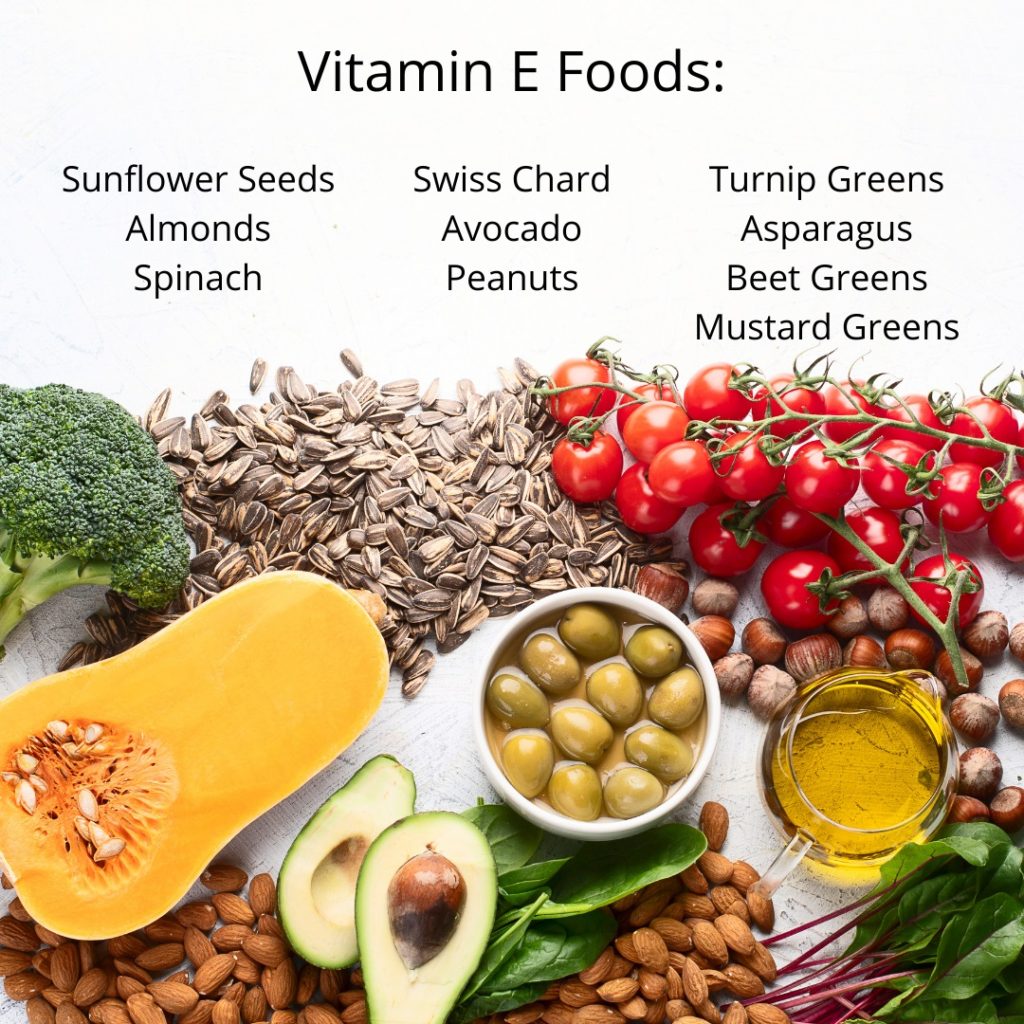
Beta-carotene

Beta-carotene is transformed into Vitamin A in the body.
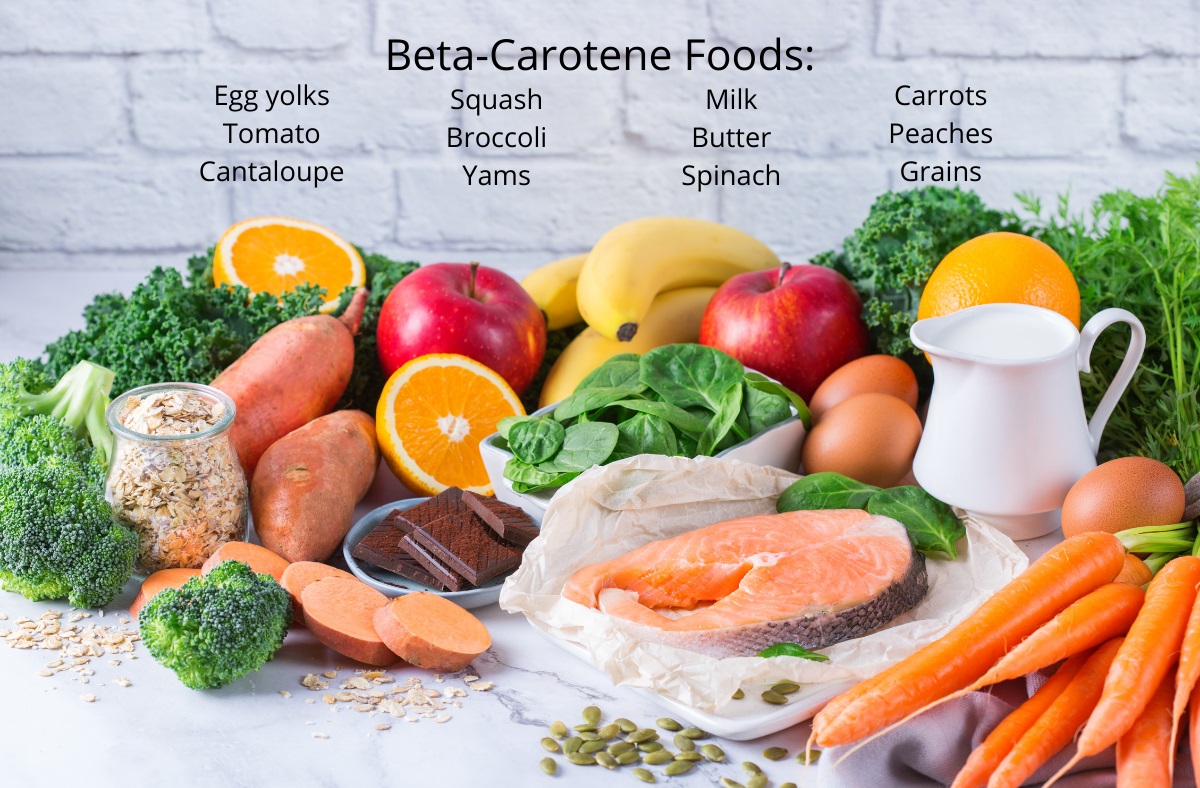
Vitamin C

The Daily Requirements for Vitamin C are 90 mg for men; 75 mg for women; 35 extra mg for smokers
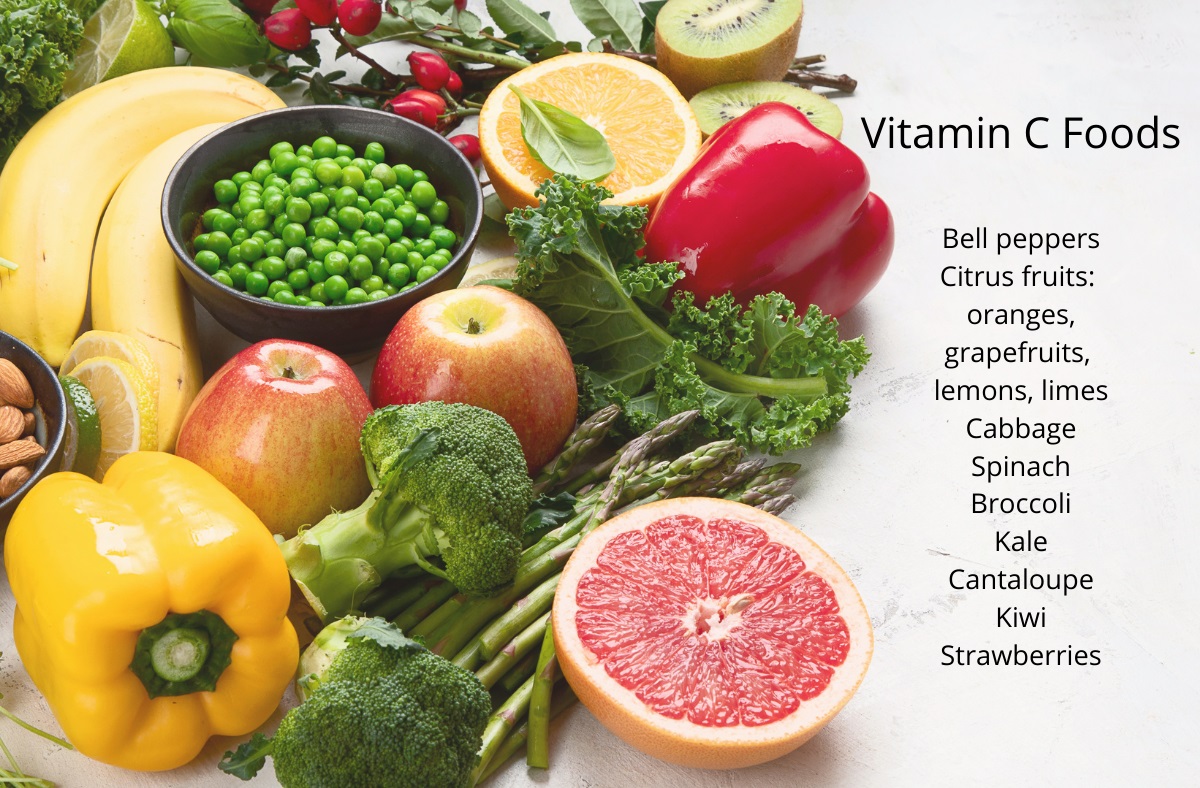
Glutathione

Glutathione (GSH) is an important antioxidant in neutralizing oxidative stress. It is extremely plentiful in cell compartments within the body. However, it significantly decreases in levels as a result of aging or with a disease.
Therefore it is necessary to supplement glutathione through your diet as much as possible. In food sources, GSH comes in two categories: foods that contain it and foods that stimulate its production.
The highest concentrations of Glutathione are always found in foods when they are eaten raw.
Foods That Contain Glutathione
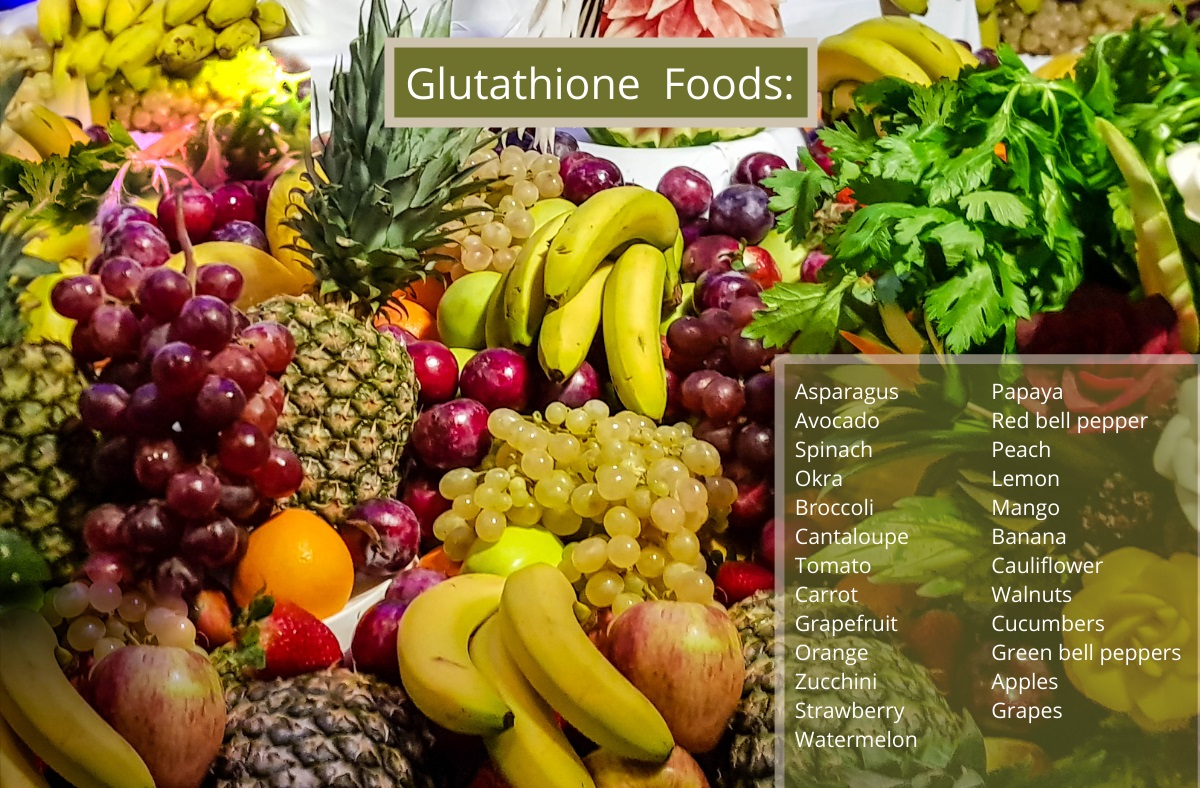
Foods That Stimulate Glutathione Production
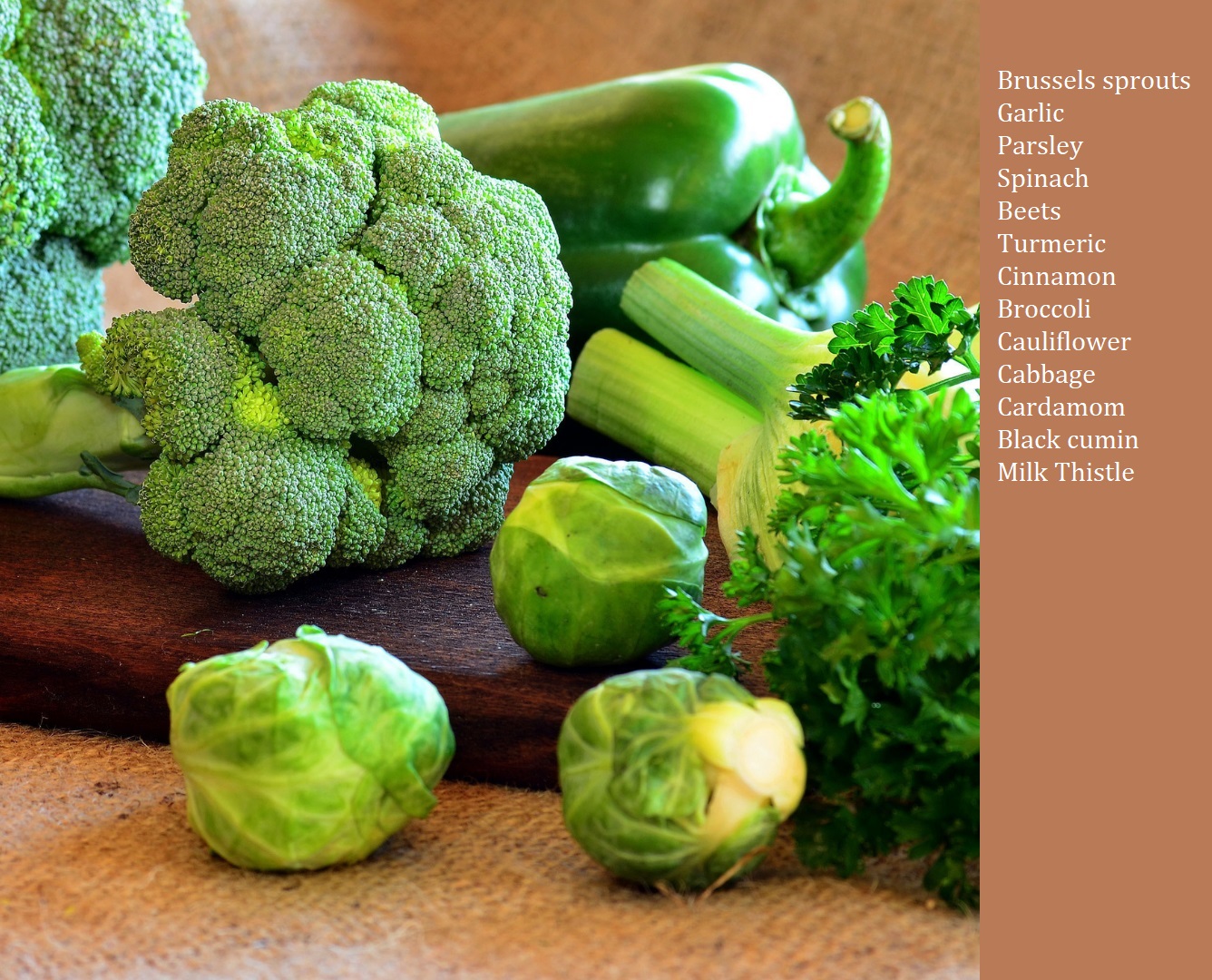
Selenium
Selenium is a key co-factor for glutathione.
Food Sources Of Selenium
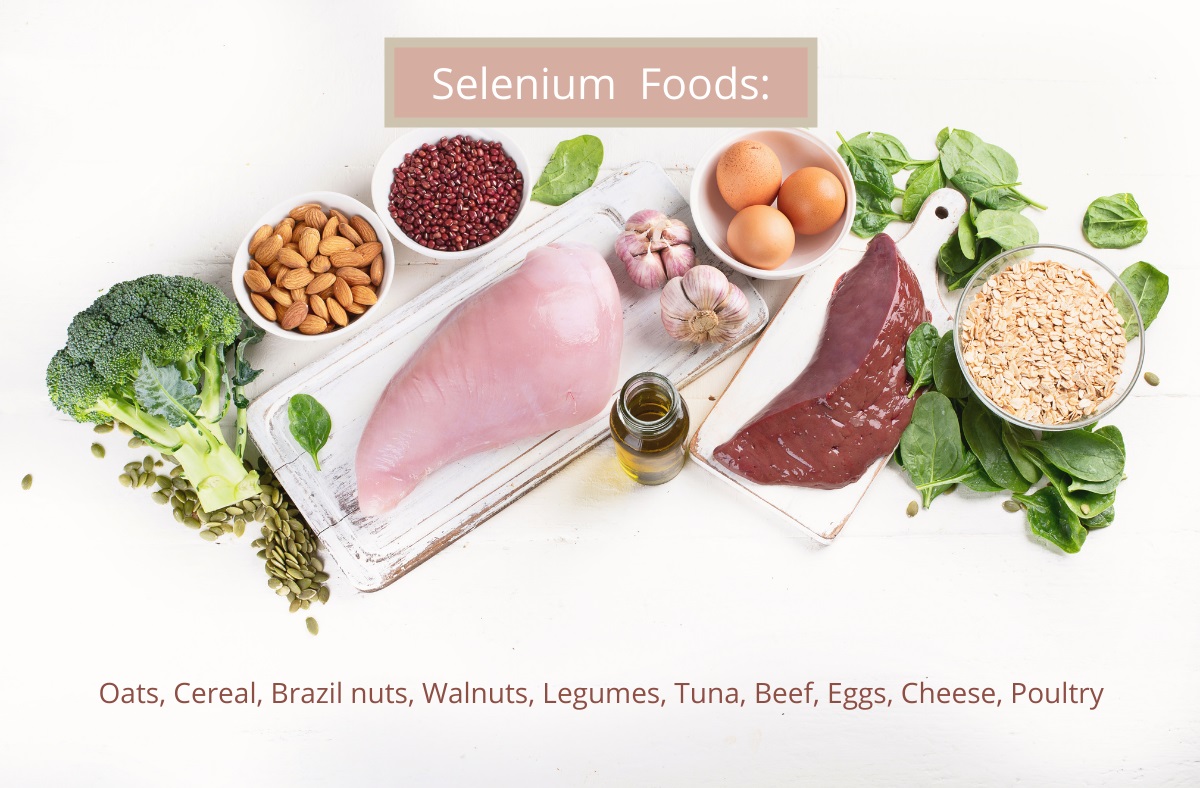
Alpha Lipoic Acid (ALA)
ALA promotes the synthesis of GSH to increase its levels
Food Sources of ALA
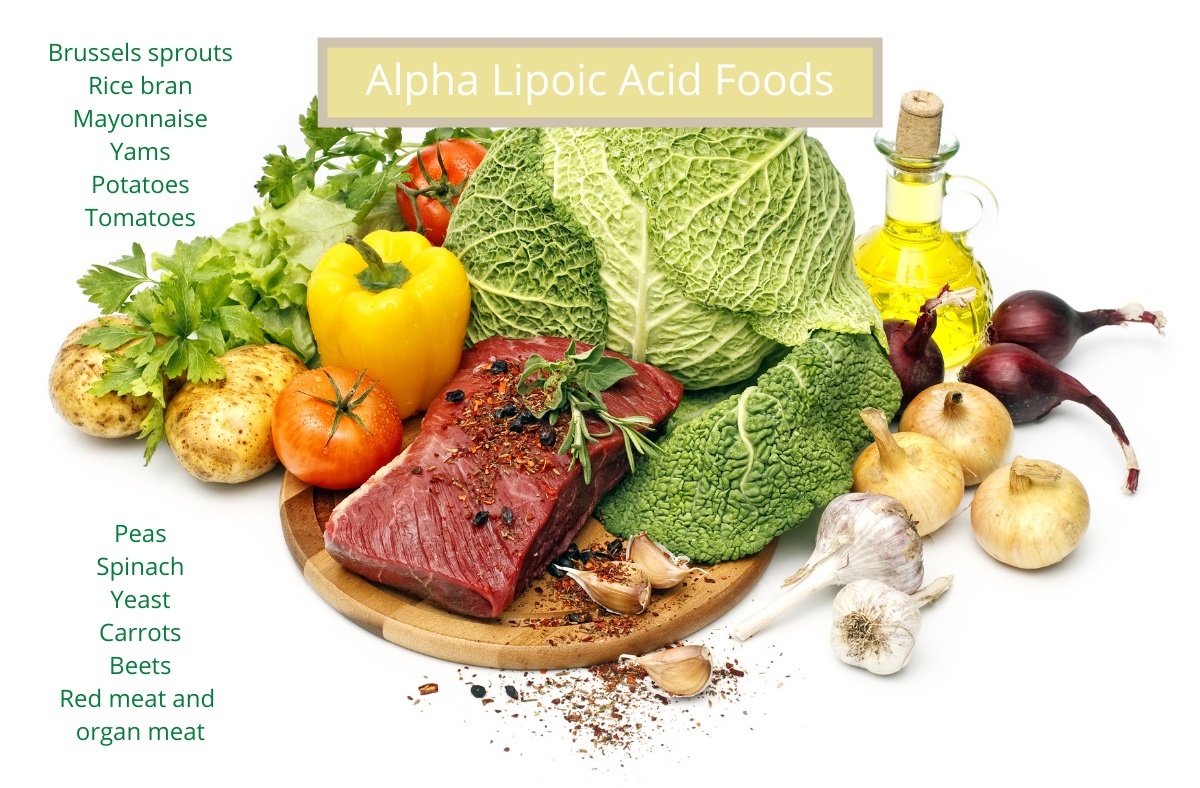
Final Thoughts:
Diet plays an important part to reduce oxidative stress. All you need to do is make sure you are eating food that contains lots of antioxidants.
Eating at least five servings a day of many different fruits and vegetables is a good way to provide nutrients to help your body produce antioxidants.





